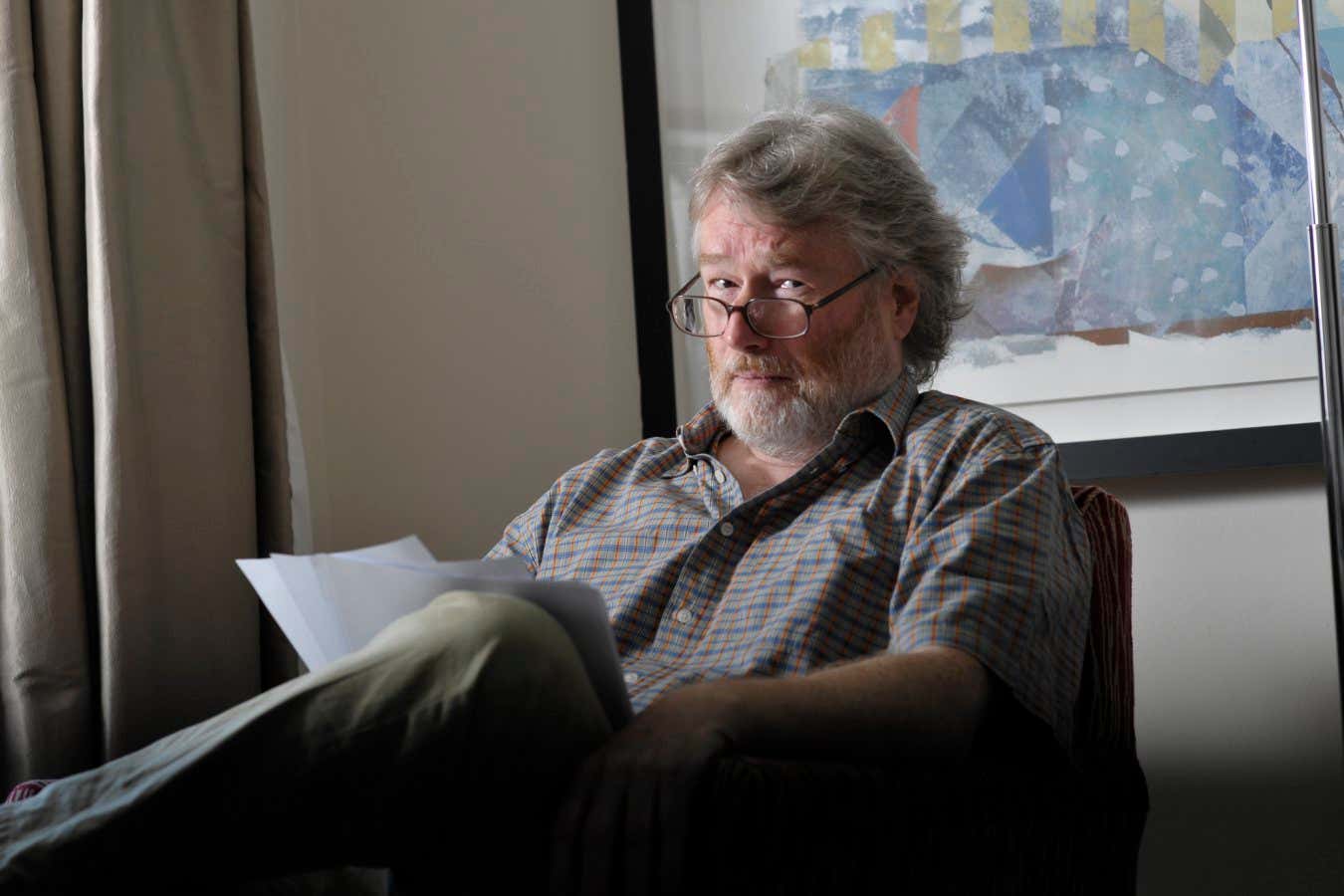Iain M. Banks died more than 11 years ago, but remains a titan of modern science fiction. He wrote “literary” works under the name Iain Banks, but added the “M” for his 14 sci-fi offerings, which are known for an audacious, ground-breaking take on the space opera that transformed the genre.
If you have never read any of these books but love “hard” sci-fi, is it worth diving in now?
Short answer: yes. Longer answer: Banks’s sci-fi, at its best, is staggeringly inventive, beautifully written, dramatic and often very funny. His stories are packed with ideas, warships with minds very much of their own, alien races, charismatic drones and intergalactic politics.
That said, time is a stern judge. I have read celebrated “classics” of sci-fi and found them startlingly misogynistic, homophobic and racist – even for their time. There is nothing so serious to worry about here, but Banks’s novels haven’t aged perfectly. I reread five for this column, and even as a dyed-in-the-wool fan, I couldn’t avoid the fact that, for books set in a future where men and women are meant to be equal, they don’t always read that way.


I read Iain Banks’ (when he wrote non-sci Fi) The Wasp Factory in university for Gothic horror literature class, and I remember some of the guided questions from the professor included "Cite paragraphs that are sexist or derogatory towards woman. Do you think the author shares these views, why it why not?
In this novel the protagonist hates women, and there are some crazy good lines about how women are sheep, bred to be inferior to man and culled to keep the stock docile. (My paraphrasing, but think of the witch trials as an example)
But also some of the narration points out how the protagonist has hardly even met women, and knows everything from their father and watching tv.
That book is a wild ride and I recommend it. The main character is absolutely sexist and if authors are who they write then yeah, dude was super sexist.
But I don’t think that’s it, and if there is evidence of it in The Wasp Factory, I’d be very interested to discuss.